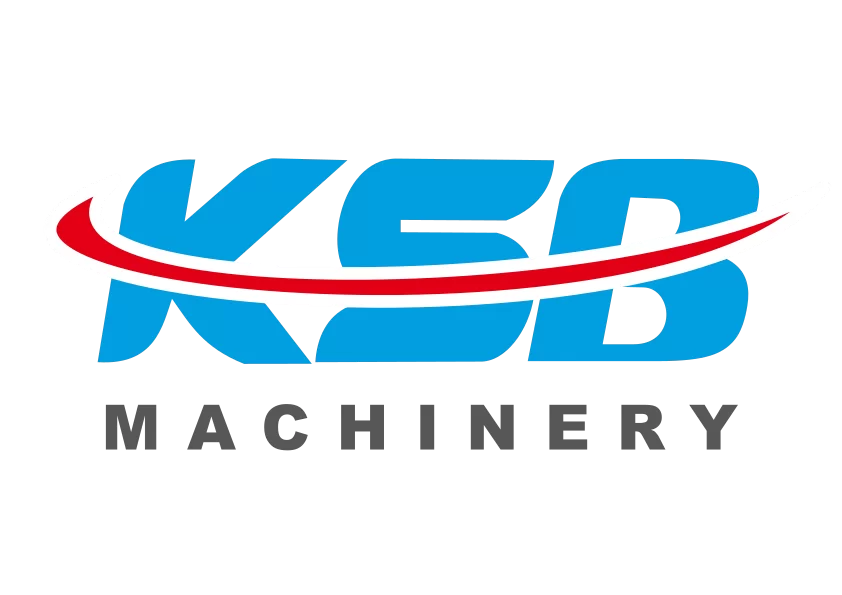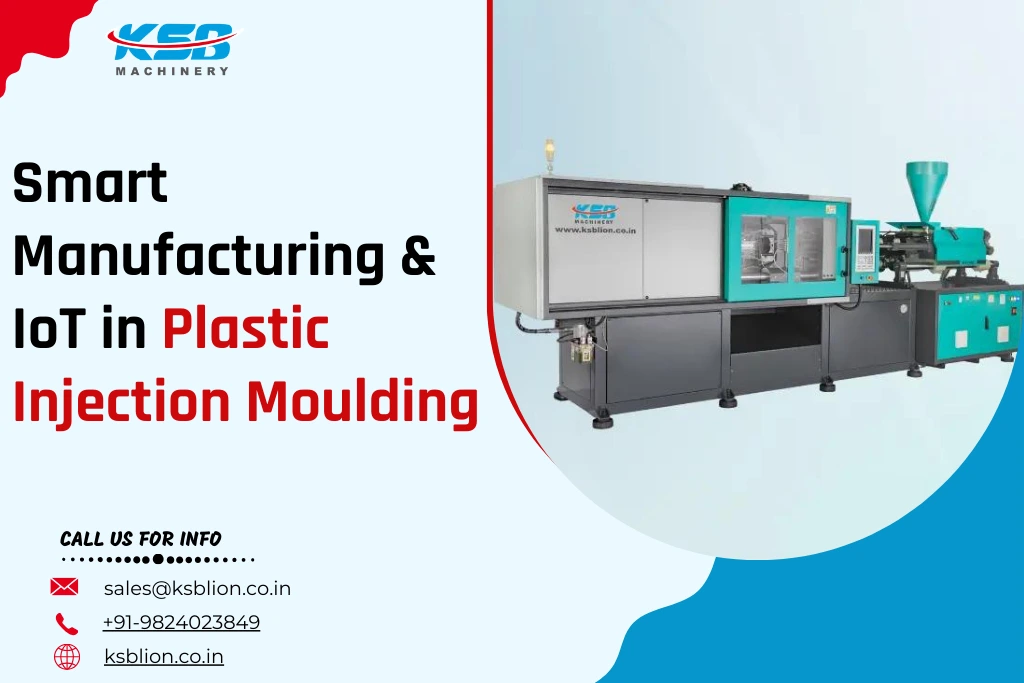In the fast-evolving world of manufacturing, Plastic Injection Moulding Machine Manufacturers are increasingly embracing smart technologies to stay competitive, efficient, and sustainable. Among the most transformative trends reshaping the industry is the integration of IoT in plastic injection moulding, driving a new era of automation, real-time analytics, and data-driven decision-making.
From predictive maintenance to energy optimization and quality assurance, the synergy between smart manufacturing plastic moulding plants and IoT (Internet of Things) is creating smarter, faster, and more responsive production environments. This article explores how this technological shift is revolutionizing the plastic injection moulding industry and what it means for manufacturers and customers alike.
Understanding Smart Manufacturing in Plastic Injection Moulding
Smart manufacturing refers to the use of advanced technologies—like IoT, AI, big data, and automation—to create highly adaptable and efficient production systems. In the context of plastic injection moulding, smart manufacturing improves productivity, reduces downtime, and enhances product quality by enabling seamless communication between machines, systems, and operators.
Today’s leading Injection Moulding Machine Manufacturers are moving away from traditional factory setups and adopting interconnected, intelligent systems that monitor and optimize every stage of the production process.
The Role of IoT in Plastic Injection Moulding
IoT in plastic injection moulding involves embedding sensors, smart devices, and connectivity features into machinery and tools used in the moulding process. These sensors collect real-time data on parameters such as:
- Temperature and pressure inside the mould
- Cycle times and machine performance
- Material usage and waste levels
- Equipment health and maintenance needs
By capturing and analyzing this data, manufacturers can make informed decisions to improve efficiency, reduce waste, and maintain consistent product quality.
Key Benefits of IoT Integration:
- Predictive Maintenance: IoT-enabled machines can monitor wear and tear in real-time, predicting failures before they occur. This reduces unexpected downtime and extends the lifespan of expensive moulding equipment.
- Enhanced Quality Control: By constantly analyzing production metrics, IoT systems can detect deviations from quality standards and make adjustments automatically. This ensures more consistent outputs and reduces defective parts.
- Energy Optimization: IoT devices help track energy usage across machines and processes, enabling Plastic Injection Moulding Manufacturers to identify inefficiencies and optimize power consumption—leading to significant cost savings.
- Remote Monitoring & Control: Factory managers can monitor machine performance remotely using dashboards and mobile apps. Adjustments can be made in real-time, even from off-site locations, increasing operational flexibility.
- Data-Driven Decision Making: With a steady stream of production data, managers can uncover trends, assess machine efficiency, and identify areas for improvement—making the entire manufacturing process smarter and more strategic.
Smart Manufacturing Plastic Moulding Plants: Real-World Applications
Across India and globally, many smart manufacturing plastic moulding plants are implementing these technologies to gain a competitive edge.
For example, a leading Injection Moulding Manufacturer in Gujarat has equipped their facility with IoT-enabled sensors that track mould temperature and cycle time. This allows them to adjust settings instantly when anomalies are detected—resulting in higher precision and faster production runs.
Another example includes factories using smart robots to load and unload moulded parts, synchronized with data from IoT systems for optimized workflows and minimal human intervention.
Choosing the Right Plastic Injection Moulding IoT Solutions
When selecting IoT systems for plastic moulding operations, it’s essential to work with experienced providers that understand both the technical and industry-specific challenges. Considerations include:
- Compatibility with existing machines and software
- Data security and cloud integration
- User-friendly analytics dashboards
- Scalability for future expansion
Many Plastic Injection Moulding Manufacturers partner with industrial IoT solution providers who specialize in retrofitting legacy equipment with smart sensors and connectivity modules. This allows them to modernize without a full overhaul.
Future Trends: What’s Next?
The integration of plastic injection moulding IoT solutions is just the beginning. Future innovations are likely to include:
- AI-driven autonomous production lines that learn and adapt on their own
- Digital twins for real-time simulation and troubleshooting
- Blockchain integration for traceability and transparent supply chains
- Green manufacturing metrics tied directly to energy and waste data
These advancements will make Injection Moulding Manufacturers more resilient, responsive, and sustainable in the face of growing market demands and environmental concerns.
Conclusion
As the manufacturing landscape becomes increasingly digital, the integration of IoT into plastic injection moulding is proving to be a game-changer. By adopting plastic injection moulding IoT solutions, manufacturers can reduce downtime, improve product quality, and make smarter decisions—ultimately delivering more value to customers.
For businesses aiming to lead in this space, investing in smart manufacturing plastic moulding plants is no longer optional—it’s essential for future readiness.
Whether you’re a manufacturer looking to upgrade your facility or a buyer seeking reliable production partners, understanding the role of IoT in plastic injection moulding will help you navigate the evolving landscape with confidence.



